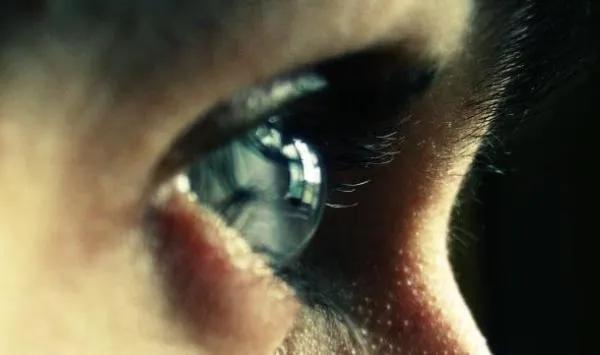
Although shaped through our life history, people We bring with us, from birth, certain characteristics that accompany us throughout our entire path Our brain, accompanied by our nervous system, comes into this world with a unique way of perceiving reality, an individual way of feeling sounds, light, texture, taste and smell and a specific way of processing and integrating them to make a representation of the environment and each person’s place in it.
There are brains especially gifted to hear and perceive music, others to create shapes and figures in space, some with special ability to retain and elaborate language or to imagine through numbers. There are also analytical brains prepared to know a tree in depth and other more abstract ones with the capacity to see and understand a forest.
Neuroscience and society
Today, neuroscience has already taught us that just like songs, our brain has a base oscillation rhythm, in each of the individuals differently and with different variation depending on the emotional state. We have brains that oscillate slowly and tend more towards creativity, imagination, daydreaming; and others that oscillate faster and are more oriented to the environment, execution or analysis of what they perceive.

The socioeconomic system in which we live likes these seconds, since its outward-oriented attention is easier to capture and direct towards work and productivity, an issue that keeps the system running
The first, the most creative, look inward, towards the internal world, where they create, reflect and generate and for this reason, they are more difficult to “catch”, since they usually escape from the environment or experience it together without focusing on anything. for a long time.
Different virtues for different brains
Contemplating the present, I will say something obvious: we cannot ask the same thing from people with a brain oriented to execution as from those who have one oriented to creativity, and here the source of suffering of many people who come to us as therapists weekly to consultations.
Creative brains are great when they are in a regulated state of mind, that is, inspired, since they are able to understand the whole of what they see and understand aspects that an analytical brain cannot. On the contrary, we cannot ask these brains for great feats in terms of sustained attention or consistency in execution, since their functionality is closely linked to their emotional world that experiences life in a more intense and richer way than analytical brains. , who, freed from intense emotionality, can focus their attention in a more regular way.
Row against the current
As I say, creative, emotional, perceptive and also inattentive people play at a disadvantage in a world that loves them and has raised them to be constant, productive and contained in their emotional expression
They are men and women who were boys and girls who were told many times throughout their childhood that they could not cry when they were sad, scream when they were afraid or jump when they were happy.
People who have in many cases been denied the use of an emotional compass so fine-tuned and powerful that they have ended up being afraid of it, since the environment has shown it to them, causing them to contain it, deny it, hide it or ignore it. separate themselves from their experience, so as not to connect with the emotional overflow that it could have caused them when they were smaller human beings with fewer resources to manage their internal world.
Theory vs reality
At this point I think it will be good to highlight the theoretical nature of all this. “Purity” is something that does not exist when we talk about brain typologies. It would be a mistake to pigeonhole the tremendous richness, complexity and flexible development of a brain throughout life in a sealed compartment. We are all a kind of hybrids in these dimensions and we are dominated by one tendency or another, which not only depends on our genetic load, but also to a large extent on our life history.
Although we must all take charge of the skills we need to develop a life project that makes sense for each of us, we also It is essential that we know what basis we have in order to develop our virtues and be soft and love each other with our most fragile points.
Author: Arturo Lecumberri Martínez.








